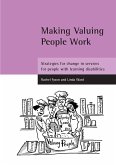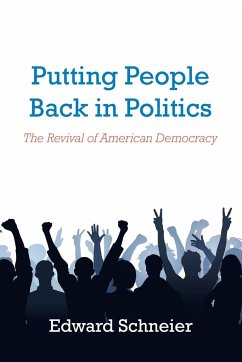Citizens do not feel empowered and do not feel they are adequately given the space to meaningfully participate in public governance. Clearly, citizens are not satisfied with the manner in which government is run. This is evident across the developed and developing world, as highlighted also by recent manifestation of discontent in Europe, North America, North Africa, the Middle East, and Asia. While past government reforms have tendentially focused on performance, efficiency, and productivity, recent developments in public governance have recognized the central role of individuals as 'citizens' rather than 'customers' in both the development and implementation of public policies. Although government remains indispensable to governance, citizen can and should play an active role towards solutions to recurring problems as well as emerging and future issues. A key way to ensure that governments truly reflect the will of the people, particularly the marginalized and the weaker groups of society, is by creating an environment where citizens are given democratic space to exercise 'voice', even in between elections. Citizen engagement in decision-making and public service delivery is key to development and to the improvement in the lives of people. The research explicitly selected cases from the largest populated continent in the world, a region where culturally, rights and duties of citizens as well as the power and authority of their political leaders have been significantly influenced by 'Asian values'. In particular, experiences in citizen engagement in India and Thailand have been respectively further influenced by social stratification (castes) and hierarchical proximity to the monarchy (sakdhina). Notwithstanding the extent of democratic values within which the two cases were implemented, both cases are indicative of the potential impact meaningful citizen engagement can have in the lives of ordinary people and carry with them potential for replication.
Hinweis: Dieser Artikel kann nur an eine deutsche Lieferadresse ausgeliefert werden.
Hinweis: Dieser Artikel kann nur an eine deutsche Lieferadresse ausgeliefert werden.








